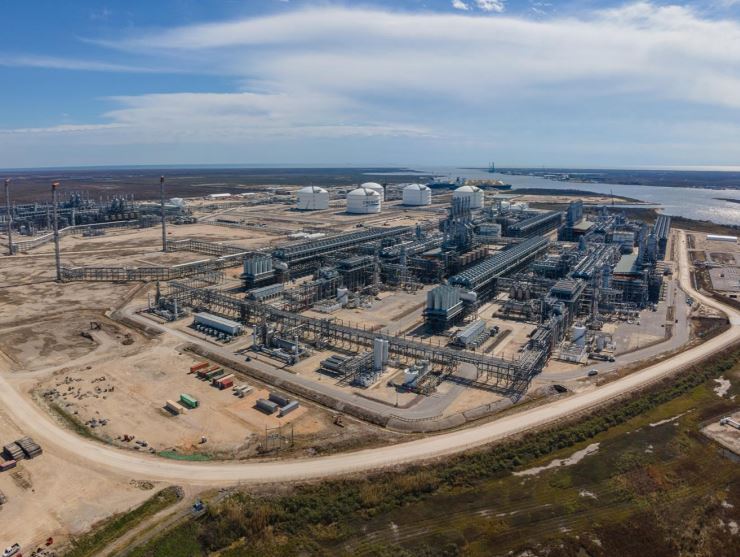US LNG exporting giant Cheniere has joined forces with natural gas midstream companies, methane detection technology providers, and academic institutions to work on measuring greenhouse gas emissions.
Under the collaboration, the partners would work to implement quantification, monitoring, reporting and verification (QMRV) of GHG emissions at natural gas gathering, processing, transmission, and storage systems specific to Cheniere’s supply chain.
Cheniere said in a statement on Tuesday the program would improve the overall understanding of GHG emissions and further the deployment of advanced monitoring technologies and protocols.
This collaboration builds upon Cheniere’s ongoing QMRV collaboration with natural gas producers and LNG shipping providers, both of which started in 2021.
These QMRV programs support Cheniere’s climate strategy initiatives, including the company’s plan to provide cargo emissions tags to customers beginning this year, it said.
Kinder Morgan, Williams, and others
Cheniere, the operator of the Sabine Pass and Corpus Christi plants, said that emissions researchers from Colorado State University and the University of Texas would conduct the midstream QMRV work.
Moreover, the measurement protocol designed by the research group and Cheniere would be field tested at facilities operated by the participating companies.
These companies include Kinder Morgan, Williams Companies, MPLX, DT Midstream, and Crestwood Equity Partners.
Cheniere is also a participant in the program through the Creole Trail Pipeline and Gillis compressor station.
According to Cheniere, the midstream QMRV program involves a combination of ground-based, aerial, and drone-based emissions monitoring technologies.
The midstream QMRV program requires emissions monitoring over at least a six-month period, with all data independently analyzed and verified by the project’s academic partners.
At the Gillis compressor station, the R&D initiative would also test multiple continuous emissions monitors to assess the performance of these technologies, Cheniere said.
“Together with our partners on this project and across our LNG value chain, we are working collaboratively to maximize the climate benefits and environmental competitiveness of US natural gas and Cheniere’s LNG,” said Jack Fusco, Cheniere’s CEO.
“Including the Creole Trail Pipeline and Gillis compressor station in this phase of our QMRV work further evidences our commitment to science-based, data-driven environmental transparency,” he said.

